Resources on future of work
-
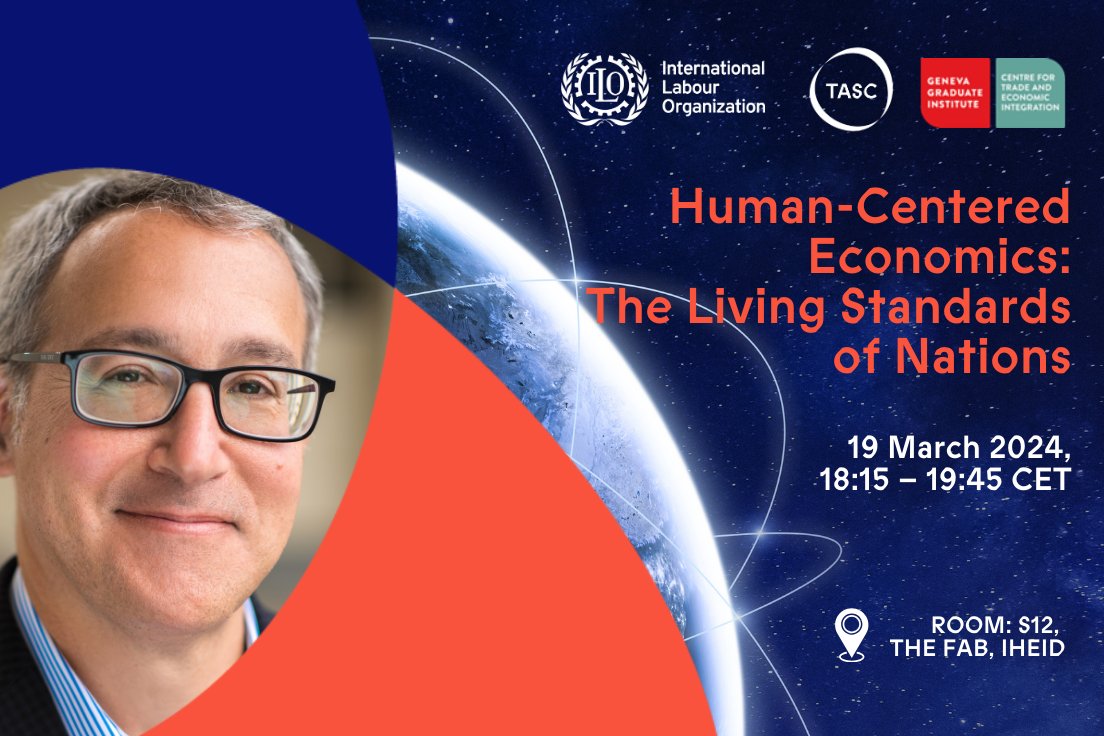
Research Seminar
Human-Centered Economics: The Living Standards of Nations
Join us for a conversation with Richard Samans, the ILO’s Director of Research and G20 Finance Deputy, to dive into the arguments and implications of his new book
-

© Chevanon photography/Pexels 2024
Podcast series: Global challenges – Global solutions
Tackling gender segregation: How a new policy tool can finally help bring about change
06 March 2024
In the world of work, men and women are often segregated by their type of work, one main reason that women suffered more job losses during the COVID-19 crisis than men. Now, a joint program of UN Women and the ILO has developed a new tool to help policymakers rethink the design of sectoral policies and make informed decisions on where to invest to have a greater impact on gender equality.
-
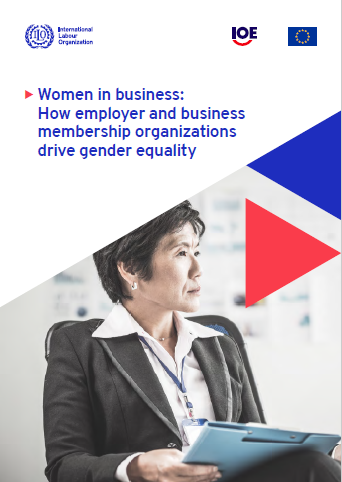
Women in Business
Women in Business: How employer and business membership organizations drive gender equality
05 March 2024
In this report, the International Labour Organisation (ILO) and the International Organisation of Employers (IOE) examine the progress made by business organisations on gender equality and diversity within their organisations over a period of six years
-
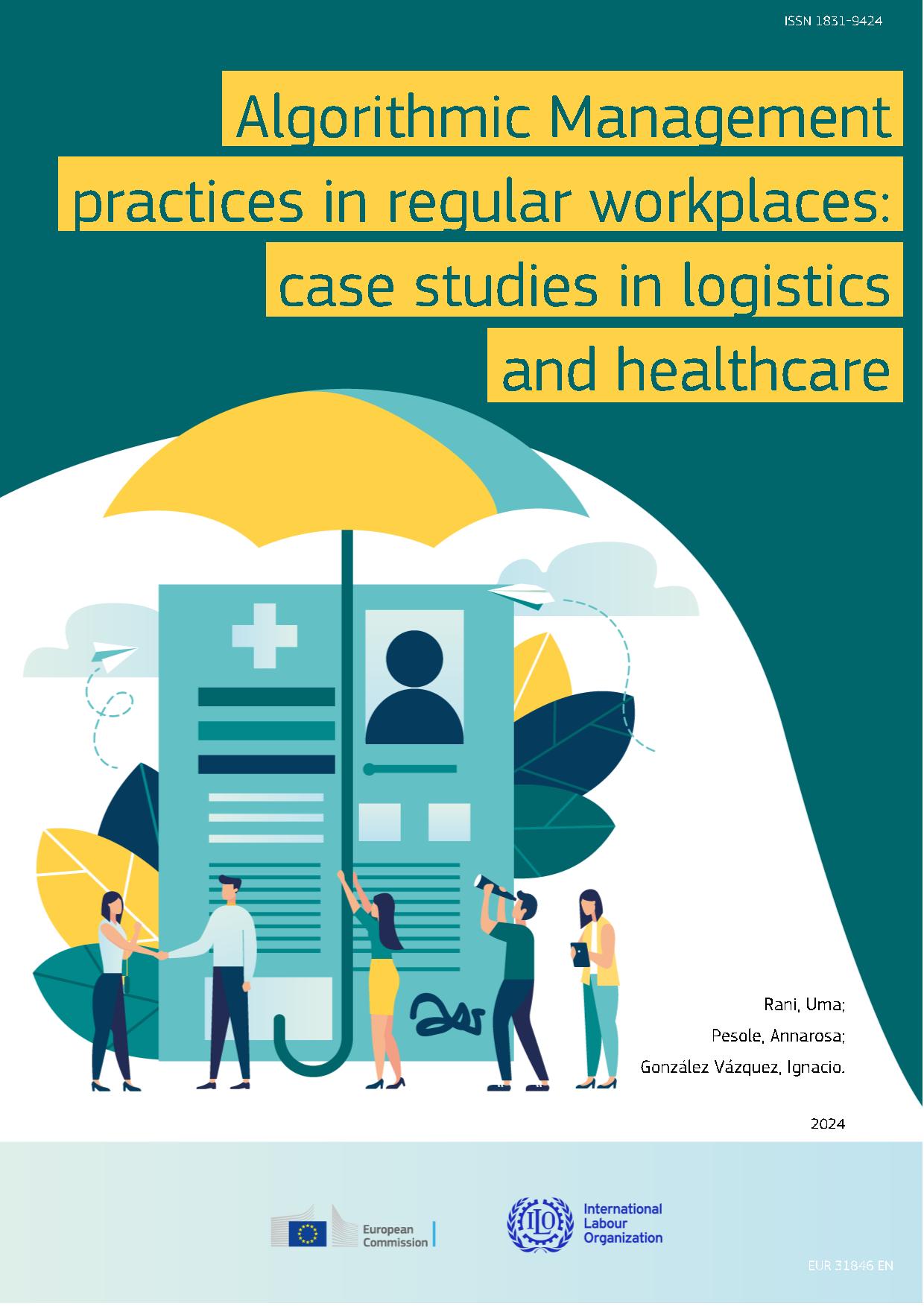
Report
Algorithmic Management practices in regular workplaces: case studies in logistics and healthcare
19 February 2024
An analysis of algorithmic management in logistics and healthcare, examining its global impact on job quality and work organization
-
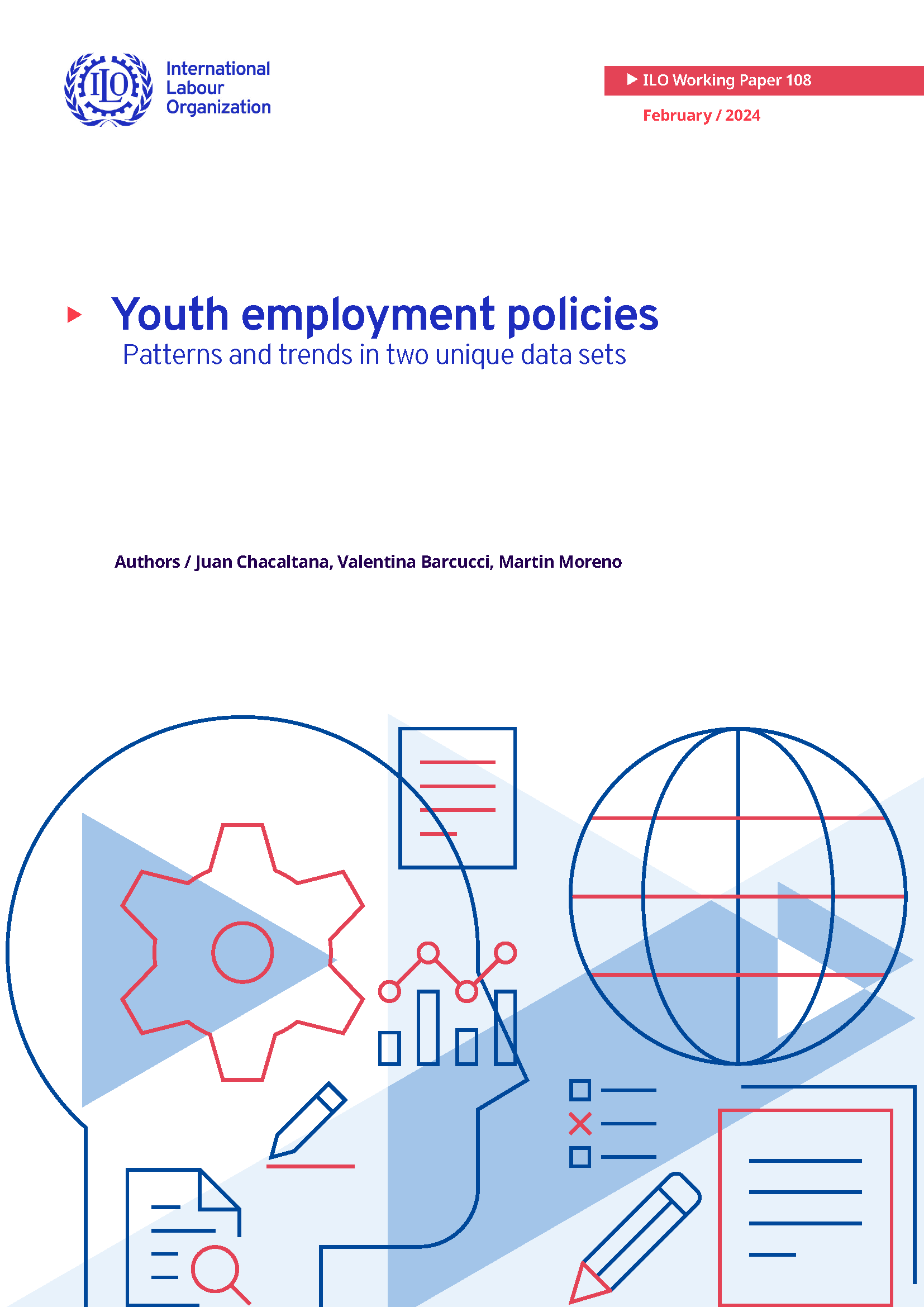
ILO Working paper 108
Youth employment policies: Patterns and trends in two unique data sets
19 February 2024
Youth employment challenges are always a critical concern for policymakers. There is recurring and mounting evidence that labour market challenges, such as unemployment, informality, lack of social protection and inactivity, disproportionately affect youths.
-
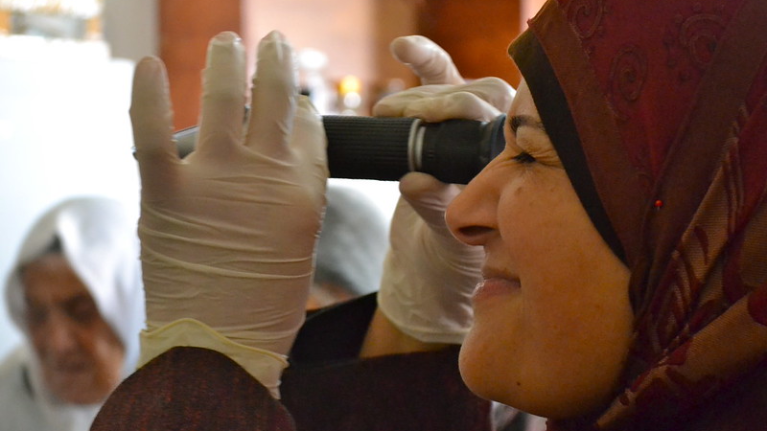
© ILO 2024
Podcast series: Global challenges – Global solutions
Informal apprenticeships and the future of work
13 February 2024
Millions of young people in the developing world acquire skills through apprenticeships in the informal economy and in many countries, greatly outnumber youth acquiring skills through formal technical and vocational education and training. A new ILO labour standard on quality apprenticeships has focused attention on the need to upgrade training and learning to strengthen apprenticeships in the informal economy.
-
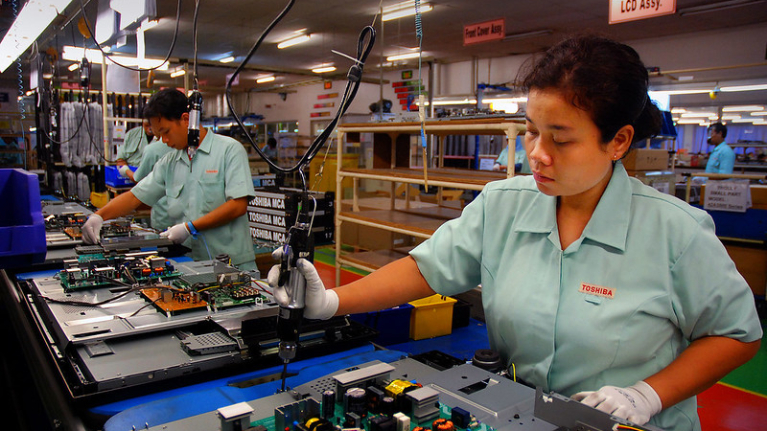
© Mirza A. / ILO 2024
News
Question and Answers: Part II, Two decades of national employment policies report, 2000-2020
12 February 2024
Since the early 2000s, the ILO has increasingly been assisting countries to support the development of integrated and comprehensive employment policies. This Q&A provides insights on Part II of the publication “Two decades of national employment policies 2000-2020: Towards a new generation of national employment policies (NEPs)”. The review – the first of its kind - analyses the main characteristics and trends in national employment policies across the world and over time. The review highlights that a new generation of employment policies will need to pursue some existing challenges while also addressing new ones.
-
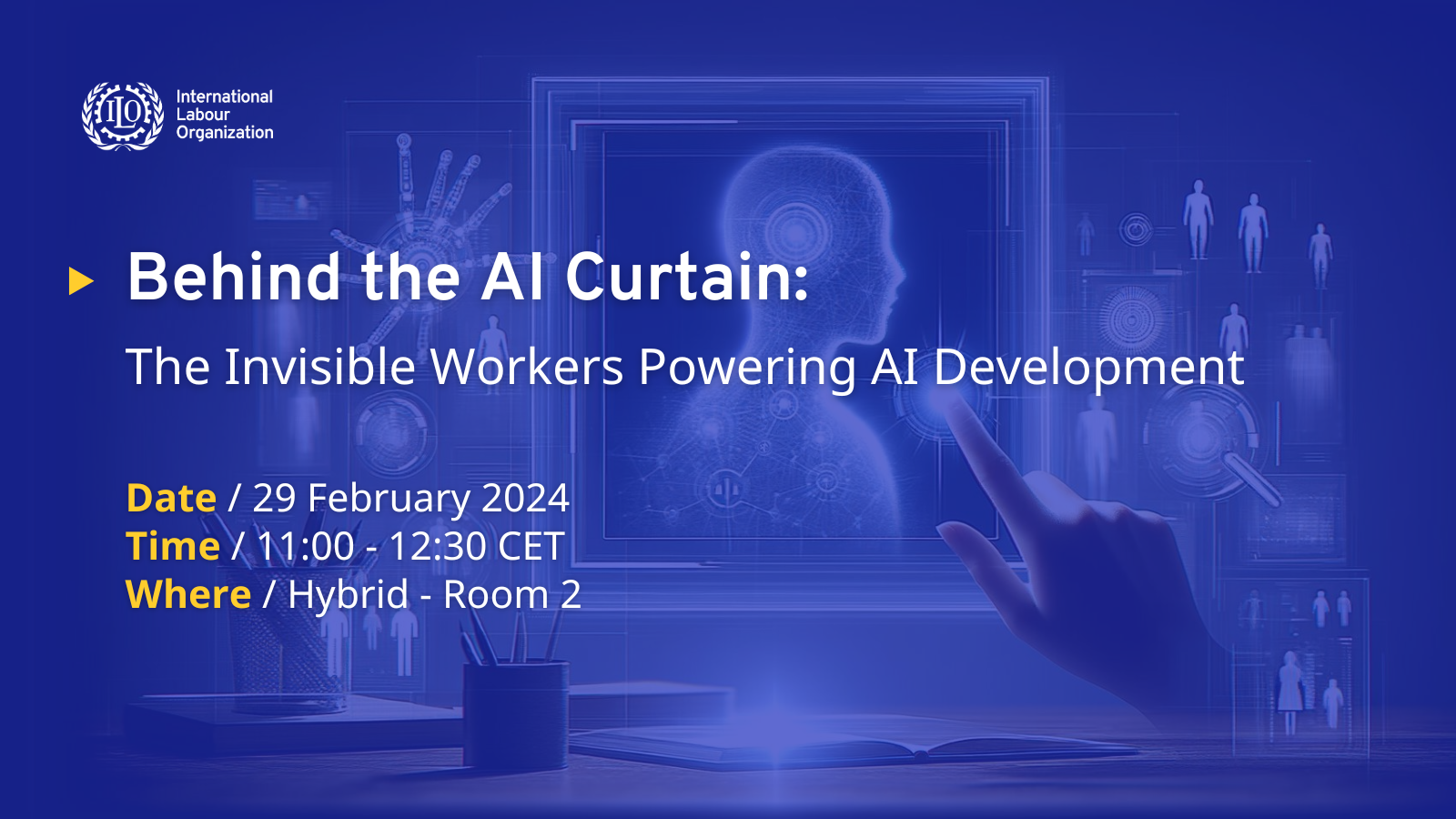
Research Seminar
Behind the AI Curtain: The Invisible Workers Powering AI Development
A seminar unveiling the unseen human labour and ethical challenges in AI development, emphasizing the role of invisible workers and advocating for equitable and ethical practices through ILO's guidance.
-
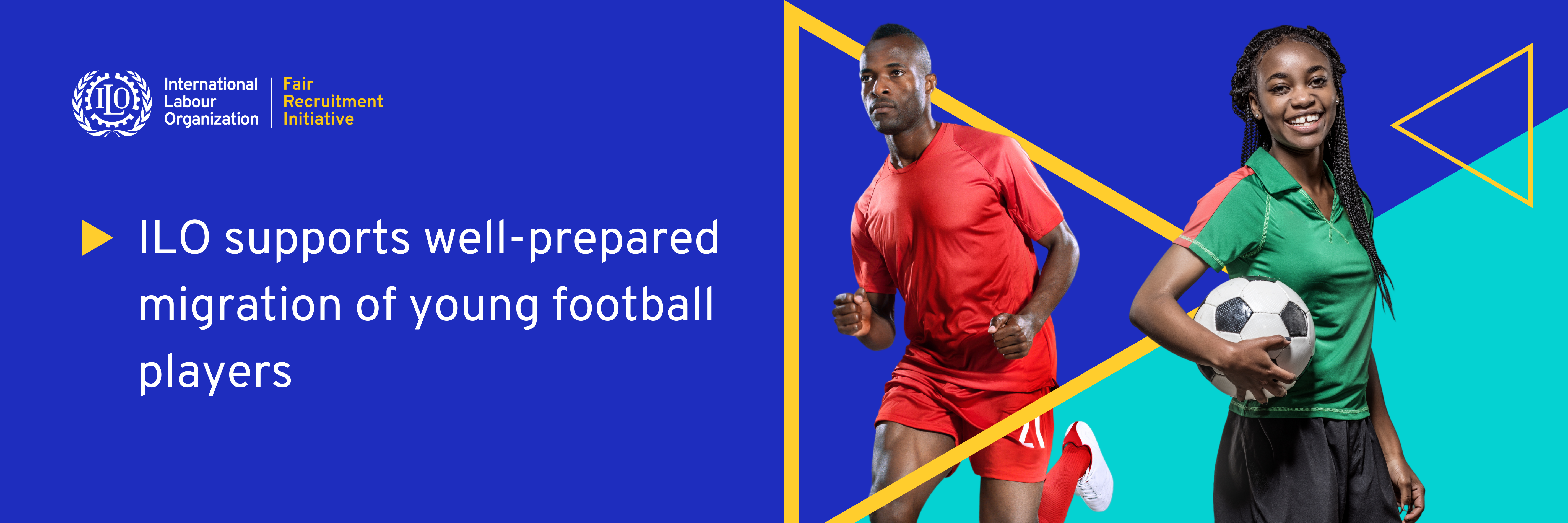
Africa Cup of Nations
ILO engages with young people for well-prepared migration
23 January 2024
The ILO is committed to a campaign among young footballers to raise awareness of the challenges of well-prepared migration in order to prevent the risks of exploitation.
-
ECOSOC Special Meeting
Navigating the Future of Work: A call for inclusive and sustainable solutions
23 January 2024
In his address to the ECOSOC Special Meeting on “The Future of Work: towards a productive, inclusive and sustainable global society,” ILO Director-General, Gilbert F. Houngbo, explains how advancing decent work and social justice are pivotal to address the challenges and opportunities presented by technological advancements, demographic shifts, and the climate crisis.